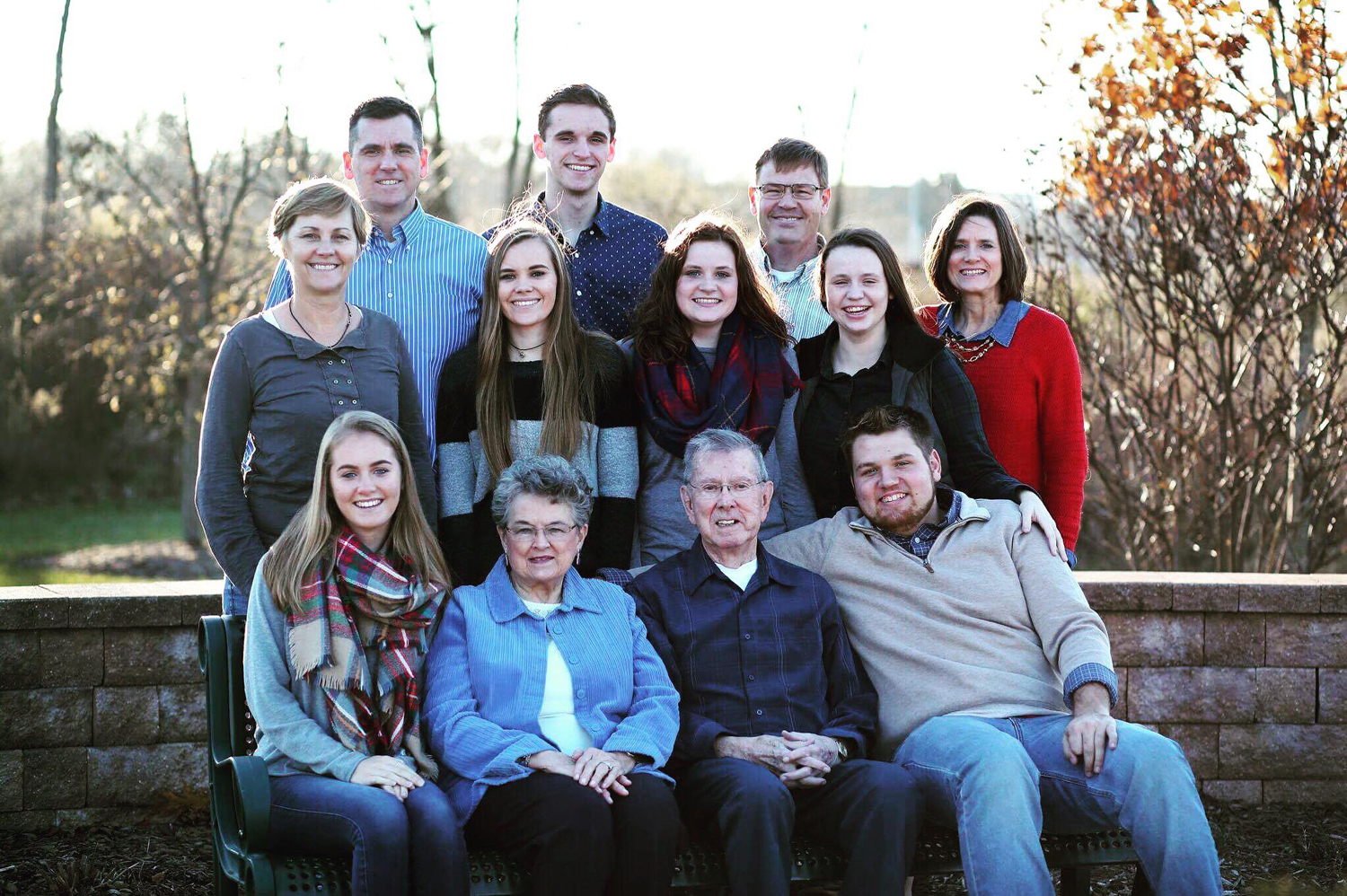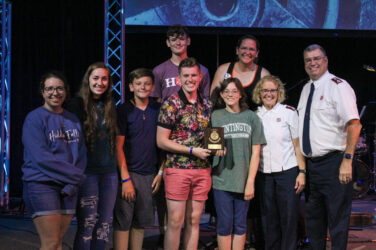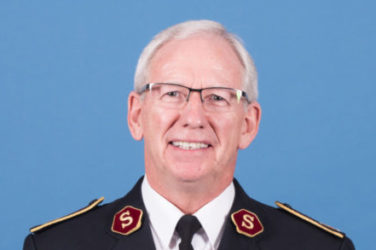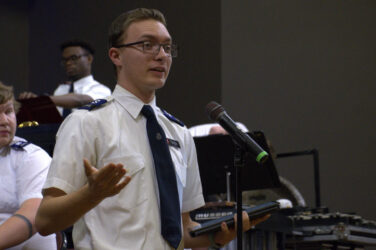by Daryl Lach
During the 1950 International Youth Congress in London, Don Arnold was sitting in a meeting at Royal Albert Hall when he felt a “slight tug at his heartstrings” toward officerhip. Already accepted at Friends University in Wichita, Kan., he quickly put the thought out of his mind. He did not want to give up his lifelong ambition of becoming a surgeon.
By 1956 the young college graduate chemist was on his way to join the “Faithful” session as a cadet at the College for Officer Training (CFOT) in Chicago.
Don’s surrender to God’s calling was entwined with his personal sanctification. At a holiness camp in 1955 he couldn’t get the spiritual victory he wanted at the altar until he said yes to being an officer. He remained reluctant because he didn’t see himself as a public speaker. Thankfully, the visiting evangelist reminded Don, “God was great enough to make a donkey speak,” and could do the same for him!
Around 1950 Marilyn Tennyson told her father she felt called to be a Salvation Army officer. He responded he didn’t want her “taking care of drunken bums and singing on street corners.” An obedient daughter, in a more patriarchal time, she shelved the idea and took an accounting job at Victory Memorial Hospital in Waukegan, Ill. But by 1956 she also could no longer resist her calling and entered the CFOT. There she met her soulmate, Don.
Married in 1959 their first appointment together was in a small Kansas town. What started out with such promise soon became discouraging. Though they made some initial progress, feelings of not being able to accomplish all they’d hoped became overwhelming. They thought no one cared. There also was a cultural divide that especially affected Marilyn. Born with a “Martha Stewart” gene for hospitality, Marilyn felt shunned by the earthy women of the corps who wanted nothing to do with her penchant for feminine touches at corps get-togethers. Things got so bad the Arnolds were on the brink of resigning.
But they held on and were glad they did. In their next corps what they hoped for came to fruition. In 1965 they enrolled 28 local officers, and Sunday school grew to 180. The next 35 years involved leadership appointments at the CFOT (including Don as principal) and at divisional headquarters, culminating with them leading the Wisconsin/Upper Michigan and the Northern divisions. The ultimate fulfillment they found in their work was more than they could imagine.
Lt. Colonel Marilyn says their early experience of discouragement made them sensitive to others and aware of the importance of servant-leadership by higher ranking officers. They tried to embody humility in their leadership roles—as many who’ve known them can attest.
“Asking those under your care about the difficulties they may be facing, while helping and giving them verbal encouragement, can go a long way,” Marilyn said.
A favorite quotation she tagged from a Christian author years ago, but can’t recall the source, sums up their perspective on officership: “Ministry is a difficult task, the results of which are not always immediate or obvious. If we base our morale on visible success, we may become proud of our accomplishments or discouraged over momentary setbacks. Whatever we’re doing for the Lord, whether great or small, He expects us to be faithful—and to rejoice in one thing above all: our names are written in Heaven!”
Editor’s note: Our prayers are with Lt. Colonel Marilyn on the recent promotion to Glory of Lt. Colonel Don.





